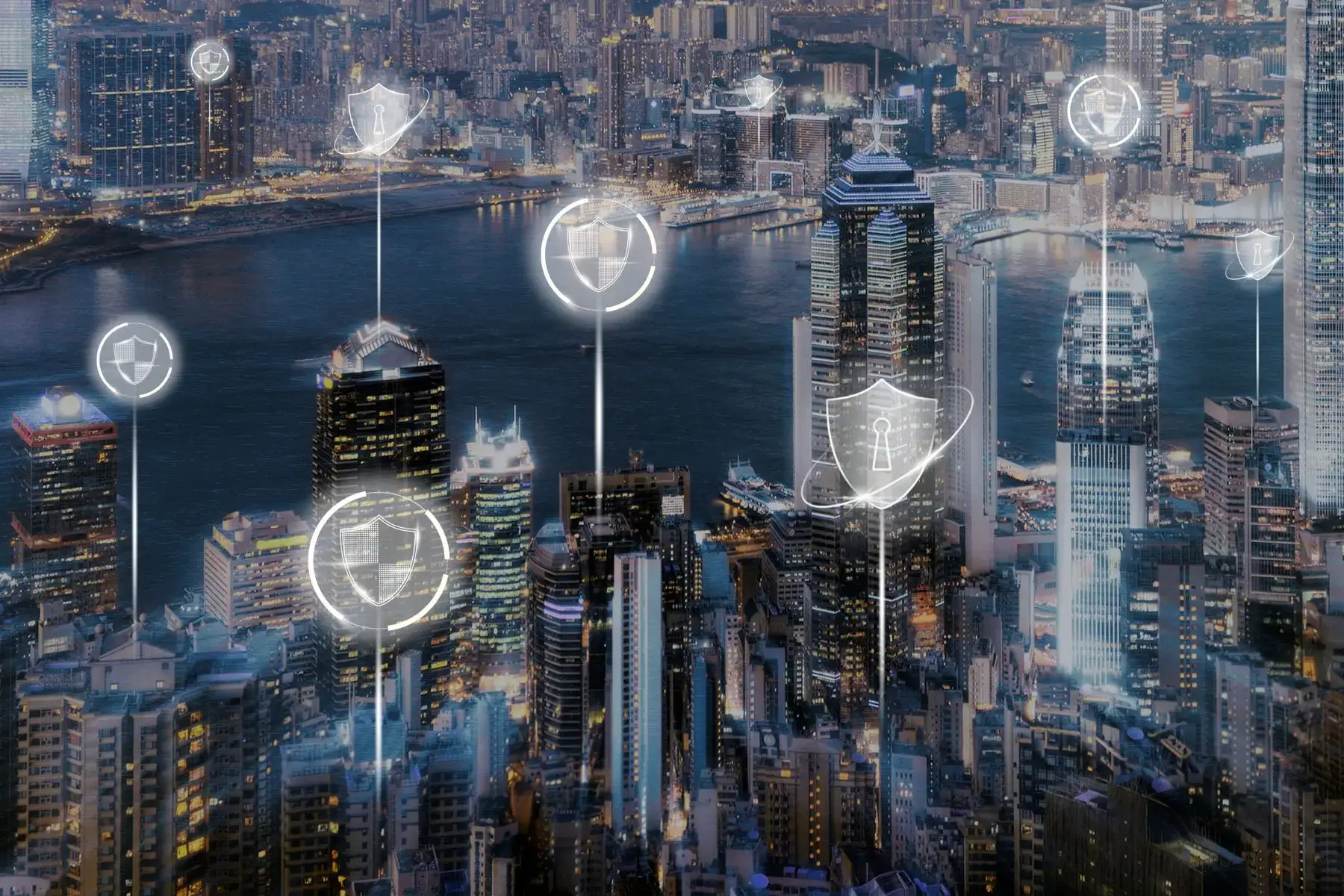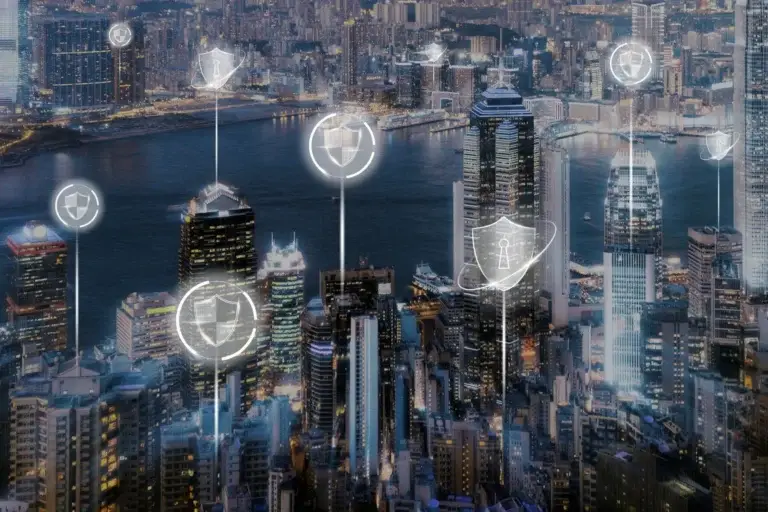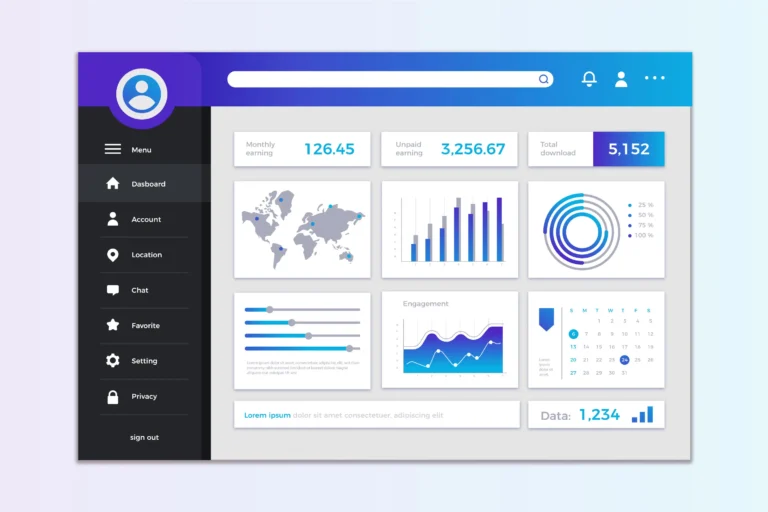Dubai is moving fast. Really fast. From shiny skyscrapers to paperless government services, it’s a city that thrives on innovation. But with that progress comes something not so glamorous: cyber threats.
This is where cybersecurity stops being just a headline and becomes a reality check. Every business owner, big or small, needs to pay attention. And honestly, working with a trusted cybersecurity company in Dubai is one of the smartest moves you can make right now.


Stronger data laws are here (and more are coming)
he UAE is serious about data privacy. The big milestone was the Federal Decree-Law No. 45 of 2021 on the Protection of Personal Data (PDPL), which is now fully in force. Free zones like DIFC and ADGM have their own GDPR style frameworks (DIFC Law No. 5 of 2020, ADGM Data Protection Regulations 2021, with new public interest rules added in 2025).
These laws are not just paperwork. They come with heavy fines. For example, ADGM penalties can reach up to $28 million. For the federal PDPL, penalties are also significant, with clarifications on cross border transfers and consent rules being rolled out in 2025.
Bottom line: compliance is not optional anymore. It is something every business owner in Dubai has to keep up with. A good cybersecurity partner makes that a lot less stressful.
Regulators are watching closely
Another trend? Regulators are not sitting back. The Dubai Financial Services Authority (DFSA) has been studying firms’ cyber readiness and recently published reports tying cybersecurity to emerging threats like AI and quantum computing. The message is clear: oversight is tightening.
ADGM, too, rolled out self assessment tools and guidance for companies. In 2025, they went further by issuing new “substantial public interest” rules under their data regime.
The signal is loud: if you do not take cybersecurity seriously, regulators eventually will.
Remote work changed everything (and it is still risky)
The pandemic made remote work explode overnight, and hybrid work is still the norm in 2025. That means staff are logging in from home Wi Fi, using cloud apps, and sometimes ignoring basic security steps.
Hackers love that. Phishing attacks, ransomware, and credential theft are still spiking. Many breaches in 2025 exploit old, unpatched vulnerabilities, sometimes more than five years old.
If your company still has not fully locked down its remote and hybrid systems, now is the time. Endpoint protection, secure VPNs, multi factor authentication, and strong patching routines are not “nice to have” anymore. They are must haves.
Ransomware is still king
Let’s talk about ransomware. It’s nasty. Criminals don’t just lock your files anymore; they steal them too. Then they threaten to leak sensitive data if you don’t pay. Even if you restore your systems, the embarrassment, downtime, and legal mess can be huge.
Plenty of UAE businesses have already been hit. Recovery costs, hiring third party experts, and downtime add up fast. And with more people working remotely, ransomware finds even more doors to sneak through.
So having backups is not enough. You need proper detection systems, incident response plans, and layered defenses. Think of it as an insurance policy for your digital world.
Crypto makes things messy
Here is the twist. Most ransom payments are demanded in cryptocurrency. It is anonymous, hard to trace, and easy for criminals to move around.
The UAE’s Securities and Commodities Authority (SCA) and virtual asset regulators set up frameworks back in 2020 and have been tightening them since, but cybercriminals always look for loopholes.
For business owners, the key is not becoming fluent in Bitcoin trading, but understanding why attackers prefer it and how it ties into broader financial crime risks.
Politically motivated hacks are rising
It is not just money. Some cyberattacks are political. Nation state actors and activist groups often target UAE companies, especially in energy, utilities, research, and government linked sectors.
And here is the catch: smaller businesses are not safe either. Hackers know SMEs often do not have the budget for enterprise grade cybersecurity, making them easier prey.
If you are still thinking, “My company is too small to be hacked,” that is just not true anymore.
Cyber insurance is catching on
A few years ago, cyber insurance sounded unnecessary. But after wave after wave of cyberattacks, UAE businesses are rethinking.
More insurers are offering cyber policies now. They cover things like ransomware recovery, breach costs, and legal headaches. But don’t expect to just sign up and be done, insurers want proof that you already have solid security in place.
Once again, having a cybersecurity company by your side makes life easier. They will help you build defenses that not only protect you but also make you insurable.
What’s new in 2025
- AI and quantum risks: Regulators now openly link cybersecurity with AI misuse and quantum decryption threats. Forward looking companies are starting to think about quantum resistant encryption.
- Cross border data transfers: The UAE Data Office clarified rules in 2025, so companies must revisit how they move data internationally.
- Third party and supply chain risks: Attackers are hitting vendors and service providers to get to you. Risk management now means vetting your partners as carefully as your own systems.
- Old vulnerabilities = new breaches: Many successful attacks in 2025 exploit weaknesses that should have been patched years ago. Cyber hygiene matters as much as cutting edge tools.
Wrapping it up
Cybersecurity in Dubai is not a side issue anymore. It is front and center. From new data protection rules and regulatory crackdowns to ransomware, crypto, AI, and cyber insurance, business owners have a lot to think about in 2025.
The good news? You do not need to figure it all out alone. A trusted cybersecurity partner can guide you step by step.
Do not wait until something bad happens. Stay ahead of the game, stay compliant, and most importantly, stay secure.














